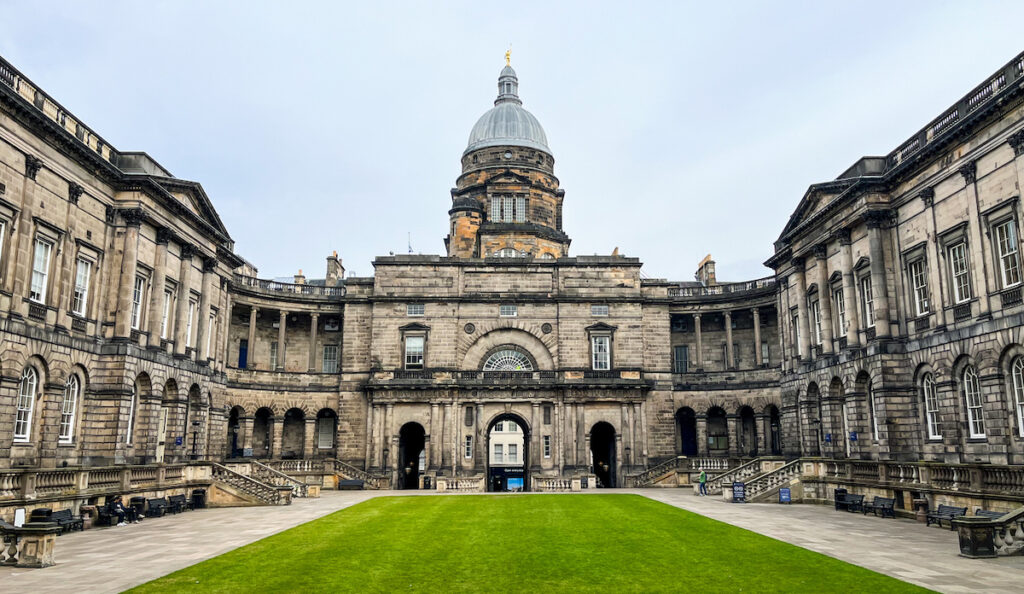
The magnificent Old College quadrangle at the University of Edinburgh
The University of Edinburgh has released a contentious report titled “Decolonised Transformations: Confronting the University of Edinburgh’s History and Legacies of Enslavement and Colonialism.” Commissioned in the wake of the death of George Floyd and the subsequent Black Lives Matter protests, the report aims to address historical and contemporary issues of racism within the university. However, it has drawn significant criticism for its approach and conclusions.
Critics argue that the report does not adequately address current grievances or complaints from staff and students regarding racial issues. Instead, it relies heavily on demographic data and attitudinal surveys to assess the university’s racial landscape. According to the report, between 2018 and 2023, the proportion of white staff and students decreased, while the numbers of Asian individuals rose. Notably, the report indicates that Black staff and students have remained stable at around 7 percent and 10 percent, respectively. The report expresses concern over the lack of growth in these demographics, yet it fails to provide a clear rationale or evidence for what the expected proportions should be.
Questionable Methodology and Historical Context
The report utilizes two questionnaires designed to gauge experiences of racism among the university community. Critics have pointed out that the sample size was small and self-selected, thus lacking statistical reliability. The questions posed were perceived as leading and focused more on subjective perceptions rather than objective evidence of racism. This raises doubts about the report’s conclusions, as the data presented lacks transparency and clarity.
In examining the university’s history, the report attempts to shed light on aspects of the Enlightenment and its legacy. However, scholars have noted that the analysis is often superficial and does not uncover new insights. Nancy Stepan, a noted scholar, has explored the topic of scientific racism extensively, suggesting that the report’s claims about the university’s role in perpetuating racism lack depth and context. The historical narrative presented in the report tends to imply that Edinburgh played a disproportionately negative role in the advancement of racist theories, yet it does not offer comparative data to support this assertion.
The report also conflates various historical and social concepts related to race, treating complex ideas about social evolution and development as synonymous with racist ideologies. This oversimplification detracts from a nuanced understanding of historical contexts and perpetuates misunderstandings about the evolution of scientific thought and cultural development.
Moral Implications and Future Considerations
Underlying the report is a moral argument that suggests individuals inherit their moral relationships from their ancestors, a perspective that many find problematic. This view echoes ideas prevalent in clan societies where collective guilt is assigned based on historical wrongs. Modern legal systems, however, emphasize individual responsibility, making such assertions controversial and potentially damaging.
In summarizing its findings, the report ultimately reiterates familiar narratives about racial ideology while attempting to connect historical injustices to present-day realities. Critics argue that this approach lacks substantive evidence and relies on flawed reasoning. The call for accountability based on historical injustices, while compelling, raises questions about fairness and the validity of collective blame.
In response to the report’s findings and methodology, many within the academic community suggest that a more rigorous and balanced examination of racism at the University of Edinburgh is necessary. Engaging with diverse perspectives and fostering open dialogue may lead to more constructive outcomes. As the university navigates this complex issue, it will be crucial to ensure that future efforts address both historical context and the lived experiences of its community members.






